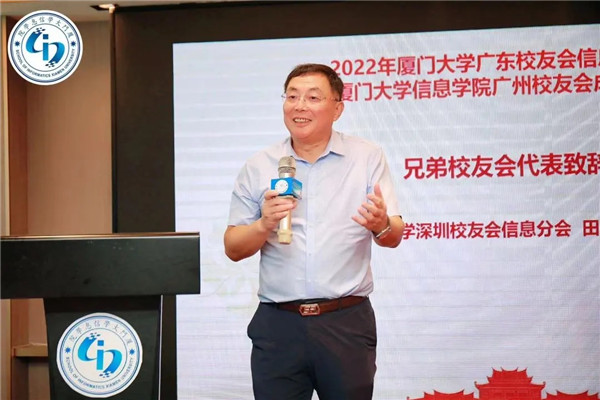China braced after rule changes
2018年2月9日Australia’s new restrictions on foreign buyers of agricultural land and electricity infrastructure are likely to affect all countries, but the impact on Chinese enterprises could be huge, said Chinese experts.
The government on Thursday released new guidance clarifying that foreign investors can only acquire agricultural land where there has been an open and transparent sale process to ensure that Australians have the opportunity to purchase agricultural land.
According to the statement, farmland worth more than A$15 million ($12 million) needs to be demonstrated that it “has been part of a public sales process and marketed widely to potential Australian bidders for a minimum of 30 days” before foreign investors can acquire.
Scott Morrison, the Treasurer of Australia, said the country still “welcomes foreign investment in agricultural land where it is not contrary to the national interest”.
Liu Qing, researcher at the China Institute of International Studies, said similar policies have existed for a long time and the new guideline is aimed at further tightening existing foreign investment rules.
He said security issues are behind the significant increase of foreign investment in Australian’s farmland.
According to a report from the Australian Taxation Office, the proportion of agricultural land with a level of foreign ownership is 13.6 percent up to June 30.
Foreign purchases of electricity infrastructure, meanwhile, will also go through a range of new restrictions, such as an assessment of the cumulative level of ownership within the sector, the need for diversity of ownership and the asset’s critical importance.
Open regime
“Electricity distribution and transmission infrastructure are critical national assets and a key national security safeguard is the diversity of ownership of these assets,” Morrison said in another statement.
He said the Australian government is committed to an open investment regime that strikes the right balance in managing national security risks, while promoting job opportunities and enabling economic growth.
Huang Rihan, researcher at the Center for China and Globalization, said the Australian side is taking note of political considerations in revisiting the issue.
He said the participation of conservatives, who are not fans of China, have caused some changes in the political ecology, such as the trend of national interests giving way to the interests of political parties.
“Thus, the Chinese enterprises become scapegoats,” Huang said.
Morrison rejected Chinese company Dakang Farming’s acquisition of S. Kidman & Co, one of Australia’s largest beef producers, because it was “contrary to the national interest” in 2015, although in the next year he approved the proposal.
In 2016, Morrison blocked Hong Kong’s Cheung Kong Infrastructure and China’s State Grid from bidding for a stake in Ausgrid, a state-owned electricity distributor.
Liu said the policy is nominally for all countries, but could hit Chinese enterprises hard as the country has more acquisitions of Australian farmland and has more advantages in electricity.
“It obviously excludes some Chinese enterprises from the local market,” Liu said.
“Australia flaunts itself as a free market, but it is also a reproduction of investment protectionism.”
From China Daily,2018-2-2





